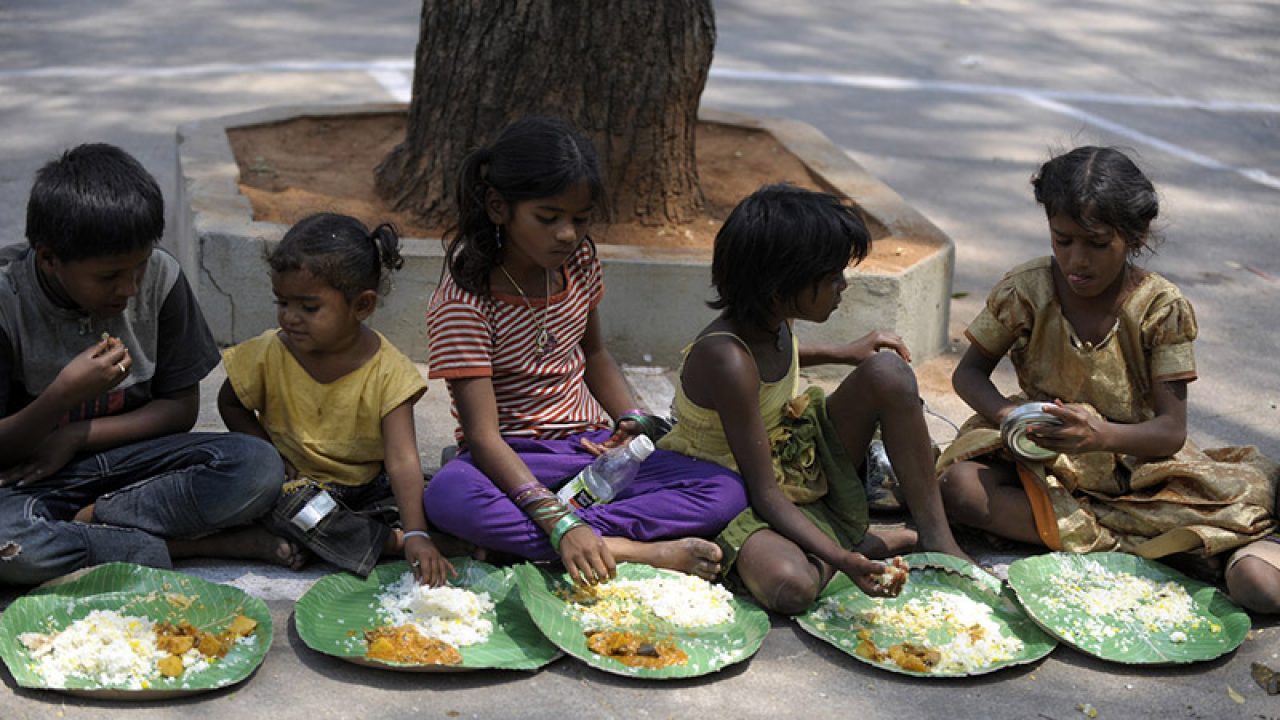
The U.N. delivered grim news on global food security on Wednesday that about 2.4 billion people lacked constant access to food last year, as many as 783 million faced hunger, and 148 million children suffered from stunted growth.
Five U.N. agencies said in the 2023 State of Food Security and Nutrition report that while global hunger numbers stalled between 2021 and 2022, but many places are facing deepening food crises. They pointed to Western Asia, the Caribbean, and Africa where 20 per cent of the continent’s population is experiencing hunger, more than twice the global average.
According to the report, people’s access to healthy diets has deteriorated across the world. More than 3.1 billion people – 42 per cent of the global population – were unable to afford a healthy diet in 2021, an increase of 134 million people compared to 2019, it said.
FAO chief economist, Maximo Torero told a news conference while launching the report that reducing the number of people eating unhealthy diets is a big challenge, because it’s basically telling us that we have substantially to change the way we use our resources in the agricultural sector, in the agri-food system.” According to the latest research, he said, between 691 million and 783 million people were chronically undernourished in 2022, an average of 735 million which is 122 million more people than in 2019 before the COVID-19 pandemic began.
Torero added that U.N. projections for 2030 indicate that 600 million people will still be suffering from chronic undernourishment in 2030, far from the U.N. development goal of achieving “Zero Hunger” by that date.
In the report’s foreword, the heads of FAO, the World Food Program, the International Fund for Agricultural Development, the U.N. children’s agency UNICEF and the World Health Organization concluded that achieving Zero Hunger poses a daunting challenge. They called for redoubled efforts to transform agri-food systems and utilize them” to reach the target.